Last fall, when Peter Szijjarto, Hungary’s minister of foreign affairs and trade, spoke at the meeting of the National Assembly’s foreign affairs committee, he discussed - among other things - the often contrived and specifically Hungary-targeted obstacles that Hungary - a country unyielding when it comes to defending its sovereignty - must overcome to adequately represent its position. FM Szijjarto's comments have sparked considerable outrage not only within Hungary, but also abroad. At the time, critics argued that the foreign minister of the Orban government had once again gone too far, distorting facts solely to mislead European public opinion.
In the days following the session, some Brussels politicians arguing in favor of the "inviolability of European political rules" and the "uniform framework applied equally to all member states," described Mr. Szijjarto's remarks as entirely unacceptable. Specifically, they objected to his statement that "there is a clear European political approach: if liberal parties govern a country, it is guaranteed to be considered a democracy, and whatever happens there is deemed acceptable. In contrast, if non-liberal parties govern a country, it is immediately labeled as undemocratic."
However, if we take stock of the unjust attacks that targeted Hungary even before Budapest assumed the EU's rotating presidency, and if we examine the lenient treatment the European elite has shown to Poland’s presidency, which began this January,
even as political persecution has become a daily occurrence in Warsaw, all evidence points to the validity of Mr. Szijjarto’s observations.
So, what's the evidence? Firstly, more than a year before it was even proposed that Hungary might take over the EU presidency after Belgium, the European Parliament adopted a political resolution advocating for Hungary to be stripped of its right to hold the rotating presidency. Ostensibly, this resolution referred to democratic deficits and rule-of-law concerns, but its real target was the Hungarian government’s pro-peace position and approach. Not only was the resolution without precedent in its nature, but its objective was equally exceptional. Because even the very drafting of the document signaled a blatant breach of existing EU treaties, although this "contradiction" failed to gain any attention in Brussels.
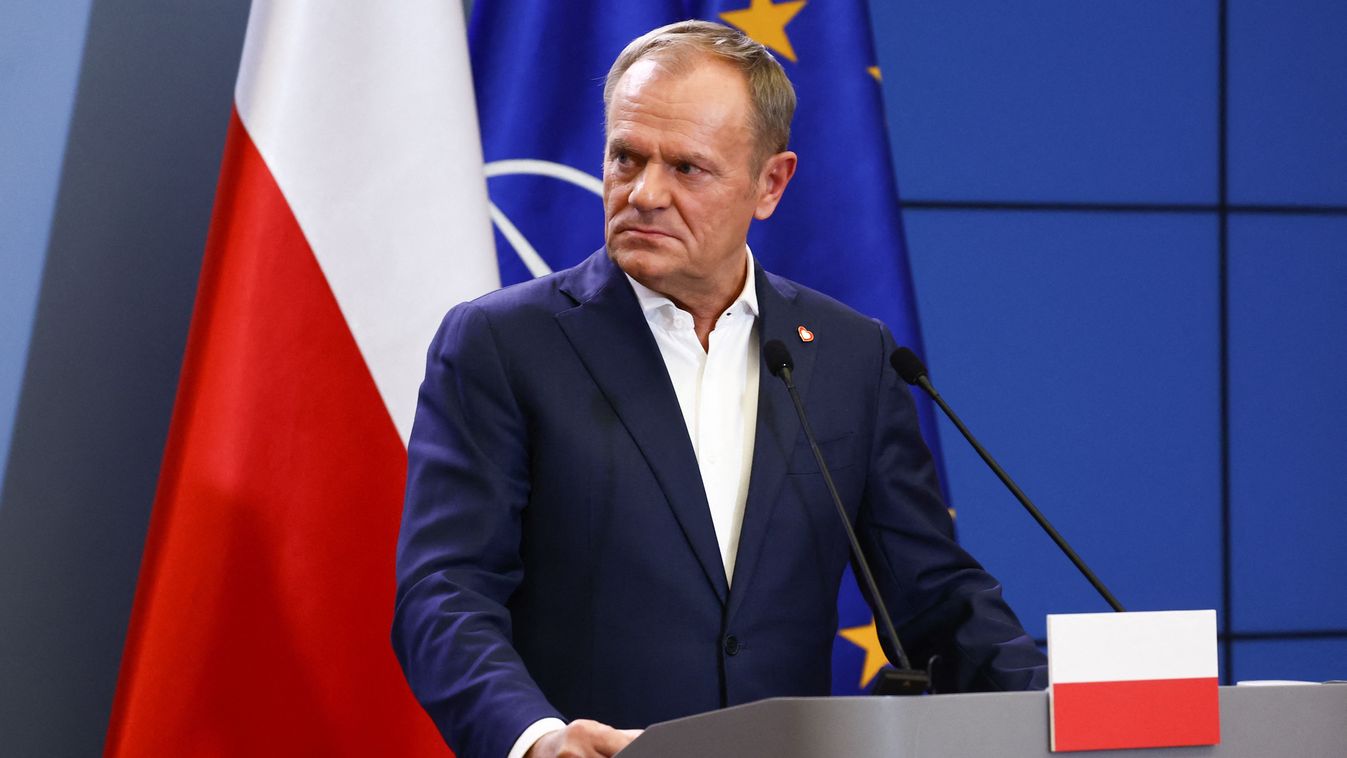





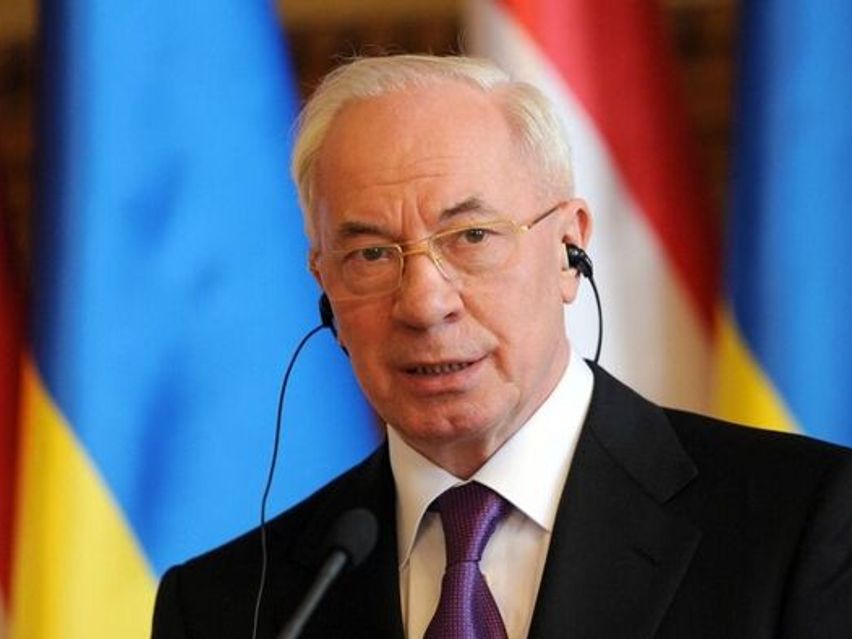




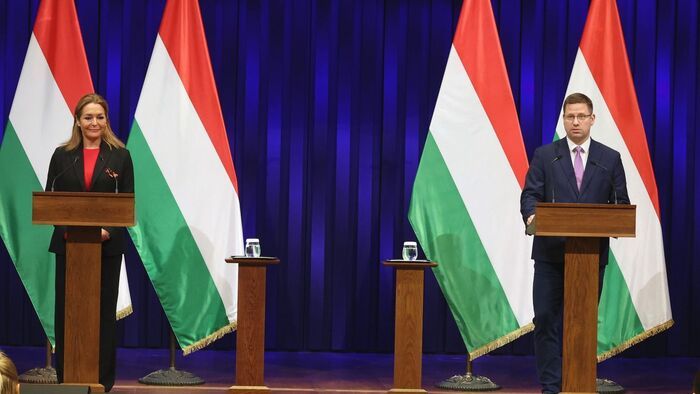


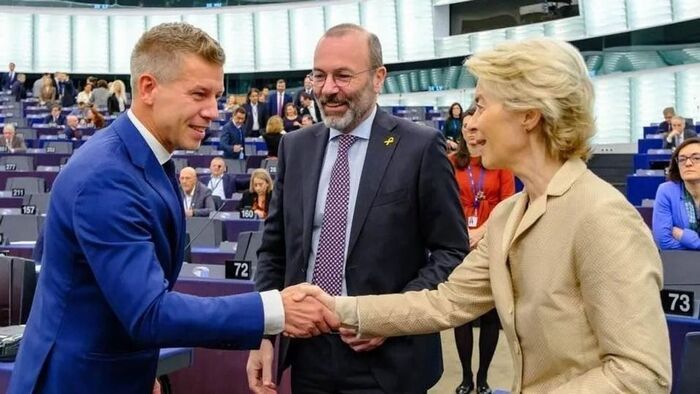
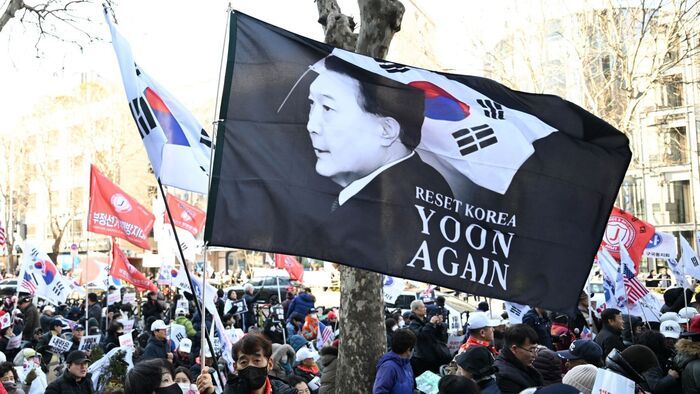






Szóljon hozzá!
Jelenleg csak a hozzászólások egy kis részét látja. Hozzászóláshoz és a további kommentek megtekintéséhez lépjen be, vagy regisztráljon!